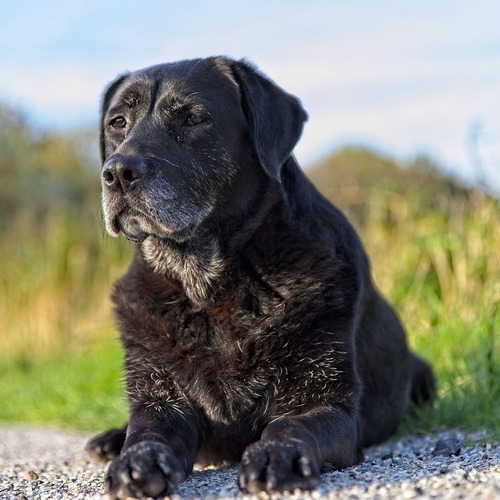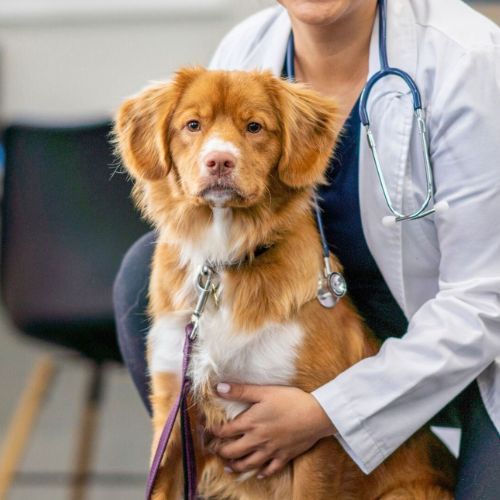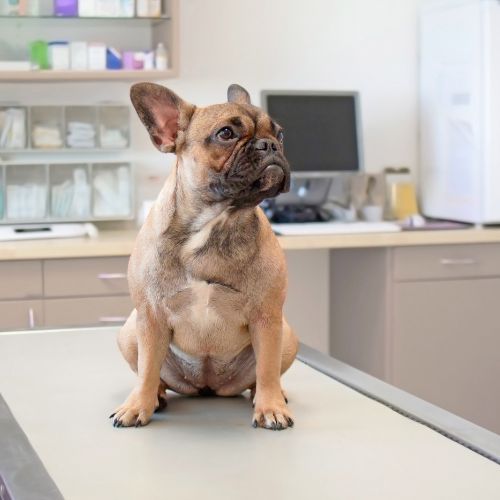Veterinary Oncology Services
At Veterinary Cancer Care, you can trust that your pets are in great hands. Our compassionate, skillful veterinary staff are here to help when you need us most. We look forward to seeing you soon!

Prevention & Early Detection Screening
The earlier any health problem is detected, the better the outcome. In the past, methods for early cancer detection in pets were limited — but today, a simple blood screening is all that’s needed.
Nu.Q is a simple and affordable blood test that can detect seven canine cancers before clinical signs appear and can be incorporated as part of your dog’s routine wellness care. In addition to testing for early signs of cancer, we believe in actively treating all underlying issues that cause inflammation and compromise the immune system, including periodontal disease, chronic pain, and allergies. Through early detection and a healthy lifestyle that includes whole foods and regular veterinary care, we hope to not only catch cancer in its early stages but stop it before it ever starts.

Genomic-Based Tests and Treatment
Every pet is different! Through DNA analysis advancements and genomics, we can analyze a sample of your pet’s tumor to determine the best treatment. This targeted approach allows us to hone our approach precisely to achieve the best results possible.
Learn more here:

Immunotherapy
Indirect vaccines
NovaVive is the manufacturer of Immunocidin, a veterinary biologic that we use regularly to treat cancer. Immunocidin harnesses the unique cancer-fighting abilities of a bacteria called Mycobacterium phlei. The cell walls of this bacteria have been found to contain high concentrations of compounds that stimulate the immune system to fight cancer, and the active ingredient in Immunocidin is purified fragments of these cell walls. Immunocidin is effective not only via direct injection into the tumor but intravenously and orally as well.
Autologous vaccines
This treatment involves sending a sample of your pet’s tumor to an outside laboratory. The laboratory analyzes the sample and synthesizes a custom vaccine for your pet, which is then administered once weekly for three weeks. Essentially, this vaccine trains your pet’s immune system to find and destroy cancer cells in their body. We partner with Torigen Pharmaceuticals to synthesize your pet’s autologous vaccine, and you can learn more here: Pet Owners.
Melanoma vaccine
ONCEPT is a vaccine for dogs diagnosed with malignant oral melanomas. This vaccine has been shown to extend survival time for dogs with stage II or III oral melanomas who have achieved localized disease control through surgical removal or other methods.

Electroporation
In this approach, vaccines, immunomodulatory agents, and other drugs are injected into the tumor and then followed by an electrical current. This current opens the cell membranes of the cancerous tissue, allowing therapeutic substances to achieve maximum penetration where needed. Electroporation also allows for precise targeting of the cancerous tissues without damage to the healthy surrounding tissue and can be used as a means of non-surgical tumor eradication.
For dogs with osteosarcoma (bone cancer), electroporation can also be used with a class of drugs called Bisphonates. Many pets with osteosarcoma face limb amputation, and this protocol can mean retaining limbs or be an option when amputation of the affected area is not possible.

Metronomics
This approach is also called anti-angiogenetic or anti-blood vessel therapy. It works by stopping tumors from creating new blood vessels — and without a blood supply, tumors can’t grow. This is done via low doses of drugs or other substances and is often done over a prolonged period of time.

Cryosurgery
Cryosurgery involves directly freezing tumors, causing immediate cell death of the cancerous tissue. It can be effective for superficial masses and treating tumors in locations that make traditional surgery difficult or impossible.
